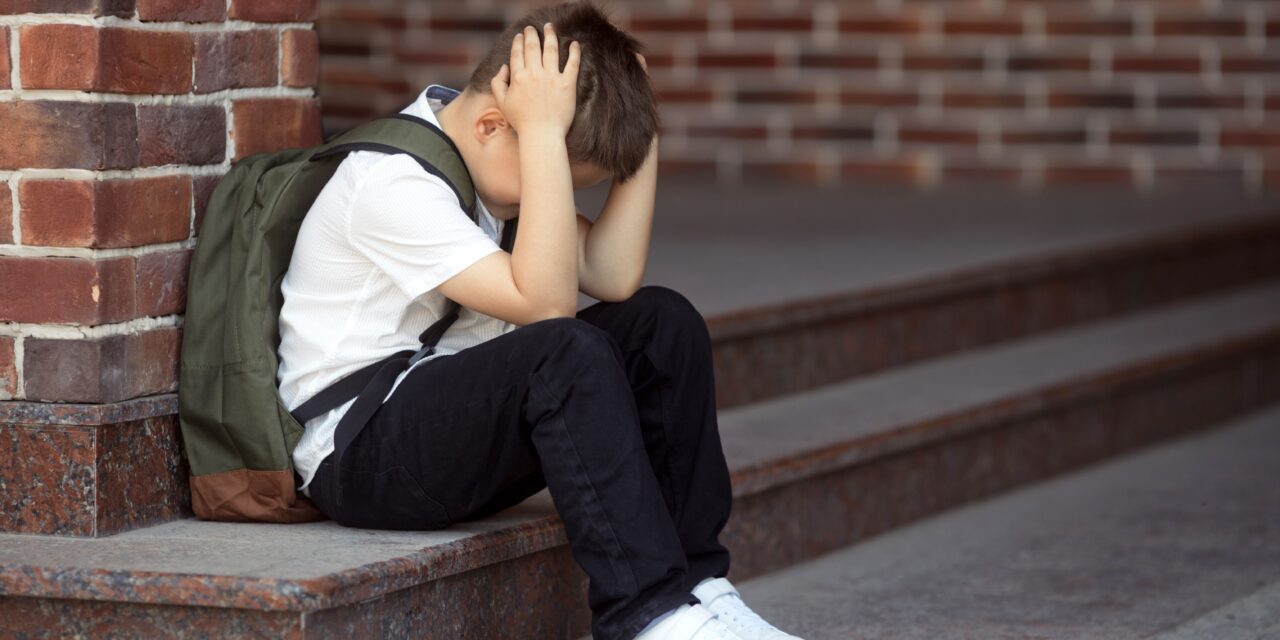It’s halfway through the school year, and my son still cries when I drop him off at his kindergarten class. What can I do to help relieve that anxiety and sadness so that he can start his days more excited about going to school?
Starting kindergarten is a really big deal. We often hear that we should allow 6 to 8 weeks for a child to settle into a new setting. I always remind parents that if that is the average, there will be children who fall outside of that. For some children saying goodbye to an attachment figure will feel like a really big ask. This will be impacted by their age, experience of separations to date, their temperament, and whether there have been any other stressors or changes in that child’s life.
After the initial settling-in period, one thing I always get curious about is whether the tears are indicative of a child who simply finds the goodbye tricky, but then can settle into the setting and participate in a meaningful way. Some parents worry if tears are indicative of separation anxiety.
Some symptoms of separation anxiety include:
· Unusual distress when being separated from you.
· Excessive fears that something bad will happen to you.
· Persistent worry that something would result in them being separated from you.
· Refusal to leave you.
· Excessive fear of being alone.
How is your child outside of these separations? Do they often present with somatic complaints like a sore head and a sore tummy, is their sleep, behavior, or appetite also being affected? Is this difficulty impacting them functionally at other periods? If you are concerned that your child is presenting with separation anxiety, then I always encourage parents to speak to their child’s pediatrician or the family doctor. If this is a child who finds the goodbye tricky, then there are strategies that we can use to support them.
Here are some ideas:
Read books that explore the idea that we continue to be connected to those that we love, even when we are apart from them. For example, the book, The Invisible String by Patricia Karst.
A book that explores the idea that school can cause ambivalence is “Today I am Strong” by Nadiya Hussain.
Get creative about sending love in with your child. This might look like drawing them a picture and including it with their lunch box or giving them a “pocket hug” to keep in their pocket and hold onto if they miss you during the day.
You ask how you can help your child feel more excited about going to school; the truth is we can invalidate our child’s experience if we try to talk them out of their feelings rather than simply accepting their experience and helping them to make sense of why saying goodbye can feel tricky.

















